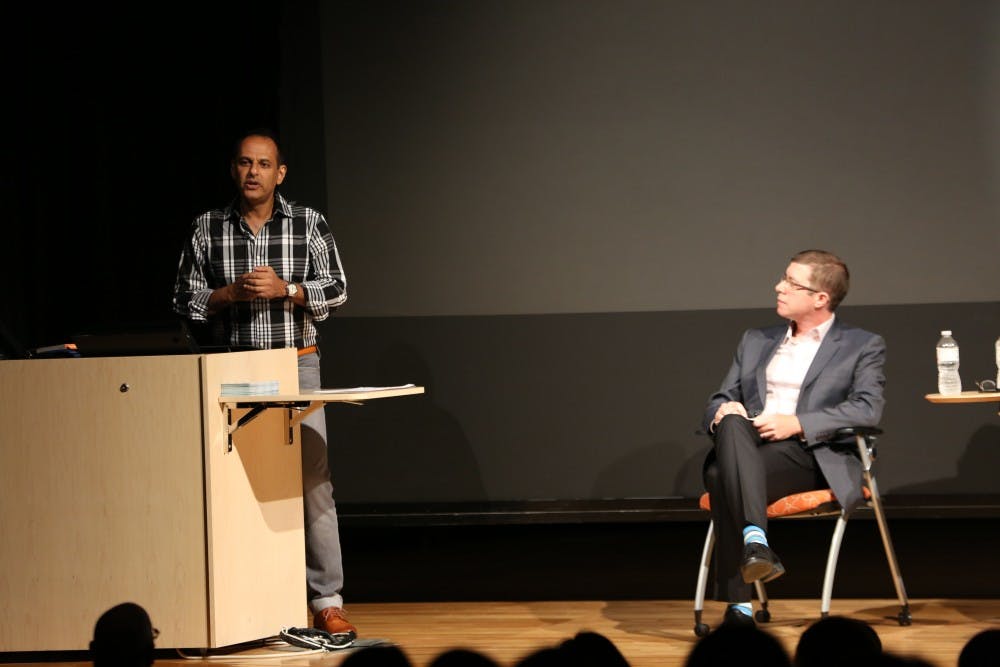The Integrated Curricula Program and the 2017 Carolina Summer Reading Program hosted a panel discussion on this summer's reading, “How Does It Feel to Be a Problem?” on Tuesday night.
"How Does It Feel to Be a Problem?" was written by Moustafa Bayoumi and focuses on the prejudice that young Arab and Muslim Americans face.
The panel began with a Poll Everywhere question that asked the audience to choose a word that captured their thoughts on the current state of relations between people of different backgrounds and identities at UNC.
Answers included “fragmented,” “strained” and “misunderstood.”
A topic of focus at the panel was agents of change in today’s society.
“I wanted to try to change perception with the book,” Bayoumi said. “I feel like it has been taken seriously, and that is something I wished for as an author.”
Bayoumi said he knows that the problems Arab and Muslim Americans face have become worse since the book was published because the book is still relevant today.
“Writing the book required a great deal of interaction and trust between the people I was talking to,” Bayoumi said. "I expected that might happen, but I didn’t expect their participation in the book to have so much of an impact on their lives afterwards.”
Cary Levine, moderator of the panel and associate professor of contemporary art history, said the problems Arab and Muslim Americans face every day are not just their problems, they are everyone's problems.




